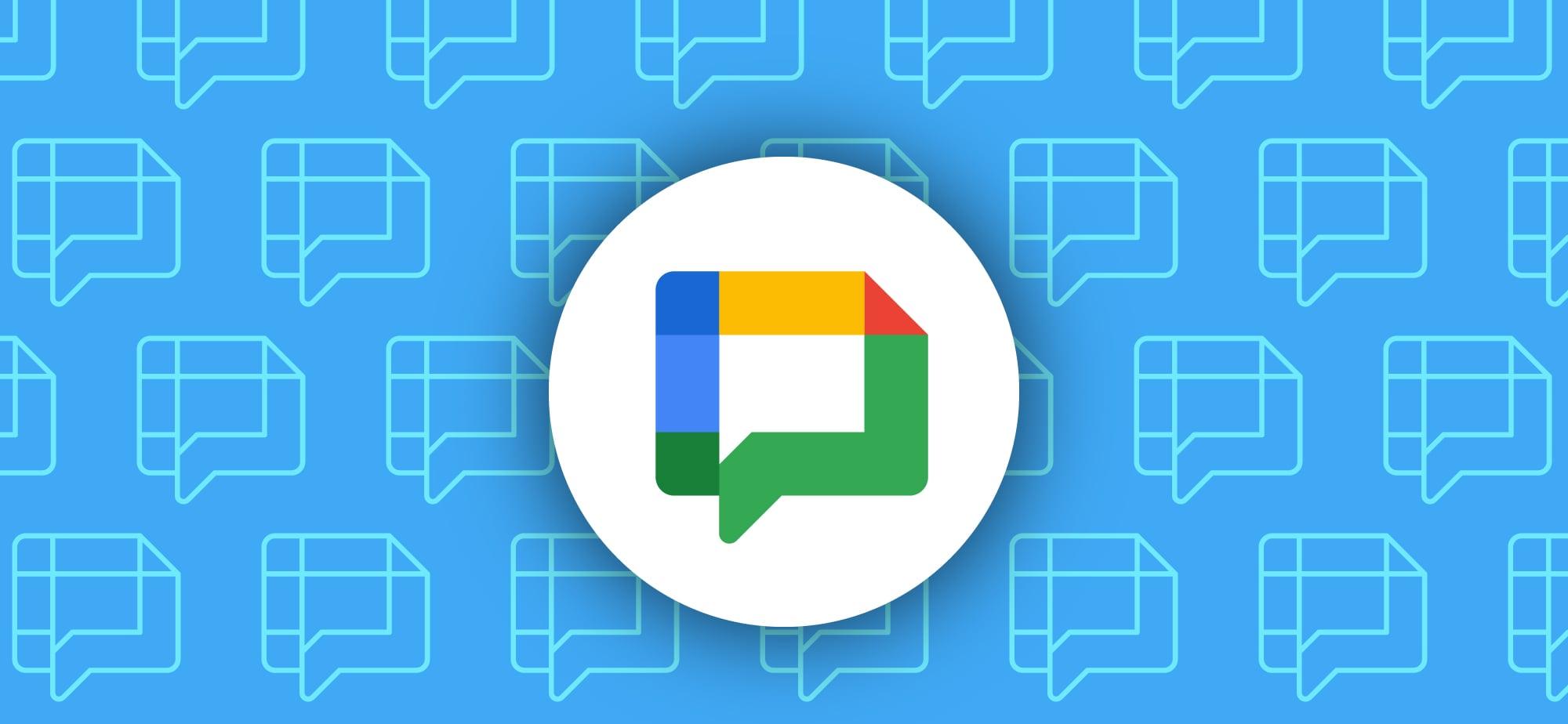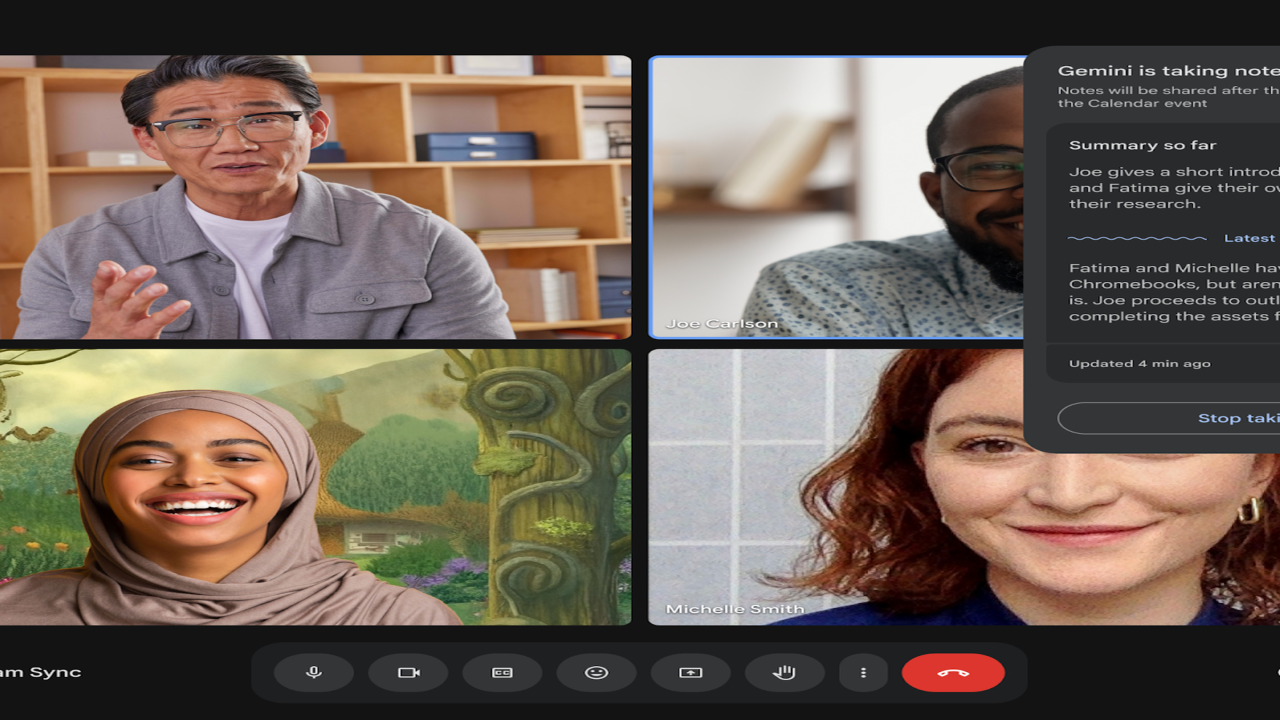New York Times Sues Microsoft and OpenAI: A Landmark Case in AI and Copyright Law
Explore the groundbreaking lawsuit where the New York Times sues Microsoft and OpenAI over copyright infringement. Understand the allegations, defenses, and potential implications for the future of AI and copyright law. This landmark case could redefine the intersection of AI technology and legal boundaries.

The New York Times (NYT) has recently filed a lawsuit against Microsoft and OpenAI, accusing them of copyright infringement. The lawsuit alleges that the two tech giants used millions of the newspaper's articles without permission to train their artificial intelligence (AI) models.
The Allegations
The lawsuit in the Southern District of New York claims that OpenAI and Microsoft engaged in widescale copying from many sources, including the NYT, to train their AI models. The models in question are OpenAI's ChatGPT and Microsoft's Copilot, both large language models (LLMs) that generate human-like text.

The NYT argues that these AI models can generate output that recites Times content verbatim, closely summarizes it, and mimics its expressive style. The newspaper further alleges that this practice undermines and damages its relationship with its readers, depriving it of subscription, licensing, advertising, and affiliate revenue.
The Defense
OpenAI and Microsoft have defended their actions by arguing that using copyrighted works to train AI products amounts to "fair use." They contend that their AI models transform the original works "with a further purpose or character" and are "more likely to be considered fair."
The Implications
This lawsuit is significant as it is the first major U.S. media organization to sue AI companies over copyright issues. The outcome of this case could set a precedent for how courts define the value of news content and what the damages are for previous use.
The Future of AI and Copyright Law
The lawsuit raises important questions about the intersection of AI and copyright law. As AI technology evolves, we will likely see more legal battles like this one. The outcome of the NYT's lawsuit could have far-reaching implications for the future of AI and copyright law.
Conclusion
The NYT, Microsoft, and OpenAI lawsuit is a landmark case in AI and copyright law. As AI advances and becomes more integrated into our daily lives, it is crucial to establish clear legal guidelines for its use. This case could set a precedent for future lawsuits and help shape the future of AI and copyright law.
What's Your Reaction?





















